A Which? investigation has found that diesel cars are often more expensive to run than petrol cars.
This year is set to be the first in which diesel cars will make up more than half the new car market. However, a Which? comparison of diesel and petrol versions of six popular car models has found that petrol engines can often be the more cost effective choice for drivers covering a typical annual mileage.
Diesel engines in the BMW 5 Series, Ford Fiesta, Vauxhall Astra, and Volkswagen Tiguan may deliver cheaper fuel bills than their petrol counterparts initially but it takes many years before they actually save the average driver money.
With drivers having to pay a premium for a diesel car – typically £1,000 to £2,000 more on a new car - our tests reveal that it could take up to 14 years to recoup the upfront costs in fuel savings. Lower pump prices for petrol and advances in petrol-engine efficiency mean that petrol cars now often provide better value for money.
Which?’s own fuel-economy tests also often fell short of the manufacturers’ claims for both diesel and petrol cars, meaning that motorists shouldn’t place their faith in official miles per gallon (mpg) figures.
Which? executive director, Richard Lloyd, said: “Fuel price rises have been hitting household budgets hard, so it’s important that consumers know they are getting value for money when they buy a car.
“Diesel cars are known for their fuel efficiency, but with lower pump prices for petrol and a premium price tag for diesel cars, it may make more financial sense for families to go for the petrol version.”
The Which? study also considered reliability, taking information directly from the 2012 Which? Car Survey, which found that petrol cars are generally more reliable than diesels – both in the first three years of their life (the typical warranty period), and even more so between four and eight years-old.

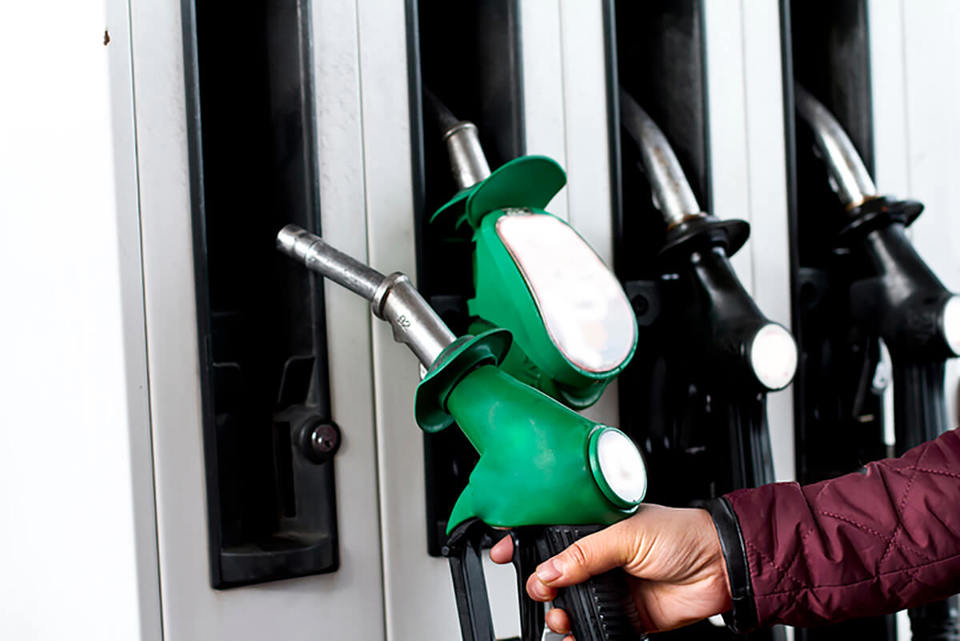
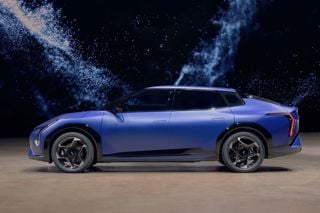
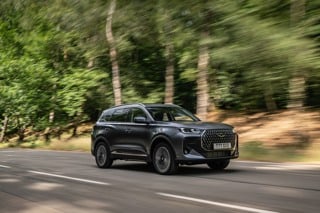
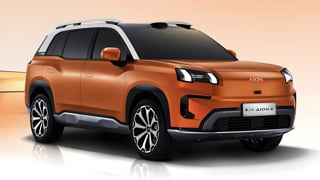
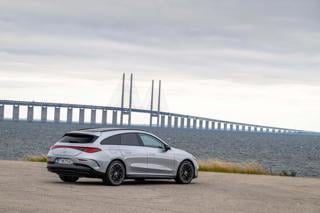
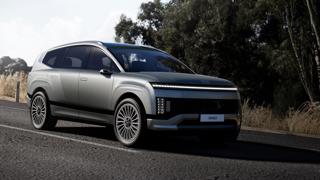












Login to comment
Comments
No comments have been made yet.